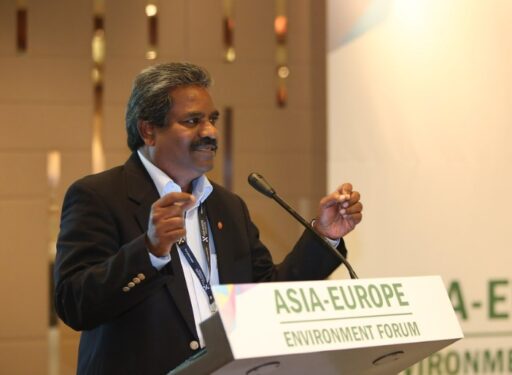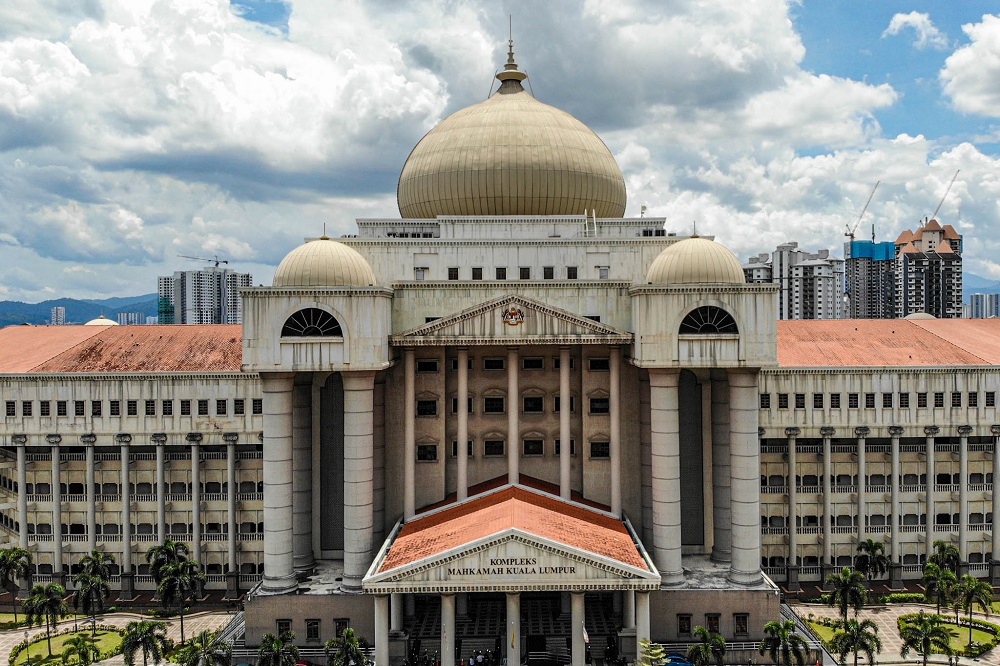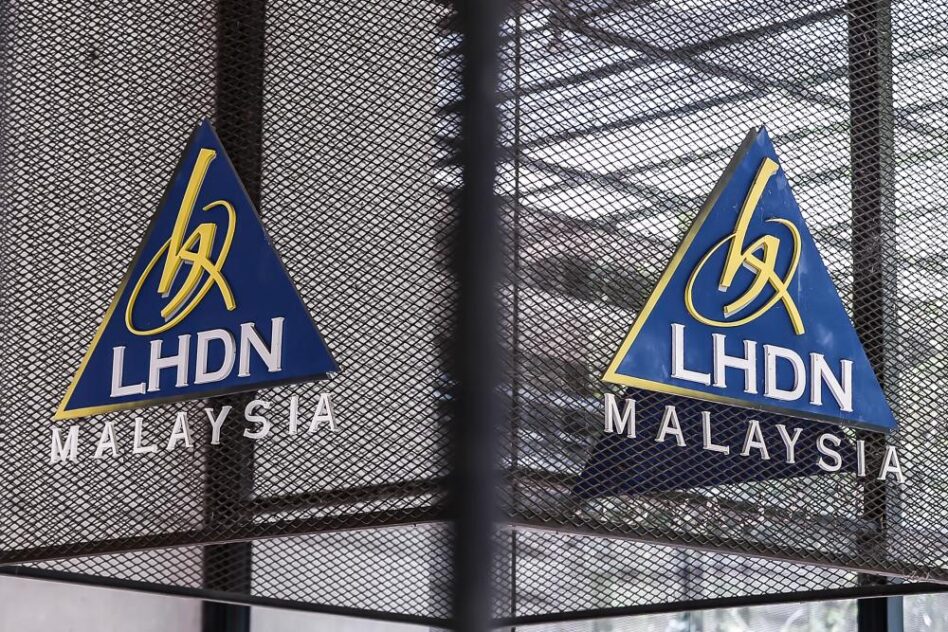NEWLY-appointed Law and Institutional Reforms Minister Datuk Seri Azalina Othman Said announced on Dec 3 that she will address laws that are outdated, and make amendments to be relevant to current times.
This would include “separation of powers of the Attorney-General (AG) and the public prosecutor (PP) to preserve the independence of the public prosecutor.”
While this issue has been debated many times, and in fact studied by previous regimes including during Pakatan Harapan’s (PH) first stint in 2018, nothing much came out of it. It is always fashionable whenever a new regime comes to power, the first reaction is to create new laws, institutions, policies or slogans, but that itself becomes the cause for failure or inaction.
In this case of separation of powers, one needs to first look at what is – or the cause of – the problem. In other words, was it the AG that was the problem, or the constitutional provisions on the role of the AG? Therefore, let’s analyse the conduct of the AGs in the recent past.
Analysis paralysis?

AG Tan Sri Abdul Ghani Patail was unceremoniously removed by then prime minister (PM) Datuk Seri Najib Razak, purportedly because he was about to file criminal charges regarding 1MDB (1Malaysia Development Bhd).
Najib then appointed Tan Sri Mohamed Apandi Ali who went on to clear him of any criminal offence while waving incriminating evidence in public.
When PH came to power in May 2018, Apandi was removed and Tan Sri Tommy Thomas who filed a slew of criminal charges not only against Najib, but many others in the previous regime was appointed.
When PH fell in February 2020, Thomas resigned and was replaced by AG Tan Sri Idrus Harun. While Idrus pursued some of these cases, several others were released based on representation, given discharge not amounting to acquittal, and subsequently fully acquitted. Even a conviction by the court was not contested during appeal.
Many of those involved – on both sides of the political divide – have accused the AGs of political persecution or selective prosecution. The public have also raised concerns, but accountability for the AGs’ decisions were hardly forthcoming.
However, one thing for sure, every AG claimed they have fully followed the laws of the country in the discharge of their duties, with integrity and impartiality.
Yet we have this never ending call for the separation of the powers of the AG and the public prosecutor. The question to be asked is whether any law reform can ensure the public prosecutor will act with full integrity and independence. Indeed, is the Constitution defective?
Article 145 (2) of the Federal Constitution states “It shall be the duty of the AG to advise the Yang di-Pertuan Agong or the Cabinet or any Minister upon such legal matters, and to perform such other duties of a legal character….”
Article 145 (3) states “The AG shall have power, exercisable at his discretion, to institute, conduct or discontinue any proceedings for an offence, other than proceedings before a Syariah court, a native court or a court-martial.”
Article 376 (1) of the Criminal Procedure Code (Act 593) states “The AG shall be the Public Prosecutor and shall have the control and direction of all criminal prosecutions and proceedings under this Code.”
Article 376 (2) states “The Solicitor-General shall have all powers of a Deputy Public Prosecutor and shall act as Public Prosecutor in case of the absence or inability to act of the AG.”
AG must act with full accountability
Under the current structure of the AG’s Chambers, the Solicitor General II assists the AG on the legal advisory role apart from other functions such as law reforms.
Therefore, any reform will lead to amending the constitution and relevant laws for the separation of powers between the AG and PP, and instituting two separate entities.
The further argument that it may lessen the workload of the AG is indeed disingenuous as enforcement of law and legal advice/reforms are synergistically integrated and should not be separated.
The AG currently has unfettered powers to act independently and with full integrity based on the provision “exercisable at his discretion”. It is supposed to ensure the independence of the AG without any outside interference, but is that being exercised judiciously at present? I believe this is the crux of the problem, especially with overbearing state interference.
Therefore my view is that the PM who advises the King on the appointment of the AG should ensure the appointee is able to exercise his functions according to the constitution and oath of office. There need to be proper oversight and check-and-balance to ensure the AG is able to perform his duty with accountability.
This may include a bipartisan parliamentary select committee to inform the PM on qualified candidates with proven impeccable character for the position of the AG, and to provide oversight or check-and-balance mechanism to ensure the accountability of the AG for his actions.
PM Datuk Seri Anwar Ibrahim has vowed he will never interfere in the AG’s discretion and court processes for anyone, even his ministers, who have abused their powers. To remove any doubt, Anwar should ensure appointments to key positions – including the AG – are made in a transparent and bipartisan manner.
All these suggestions can be implemented administratively without any delay. There is no need to amend the Constitution or the laws.
Let’s not burn the blanket because of some annoying bed bugs. – Dec 24, 2022
Raman Letchumanan PhD, is a former Senior Fellow at the Nanyang Technological University of Singapore, a former director at the Ministry of Science, Technology and Environment, and a former head of environment/disaster management at the ASEAN Secretariat in Jakarta. Contact: [email protected].
The views expressed are solely of the author and do not necessarily reflect those of Focus Malaysia.









